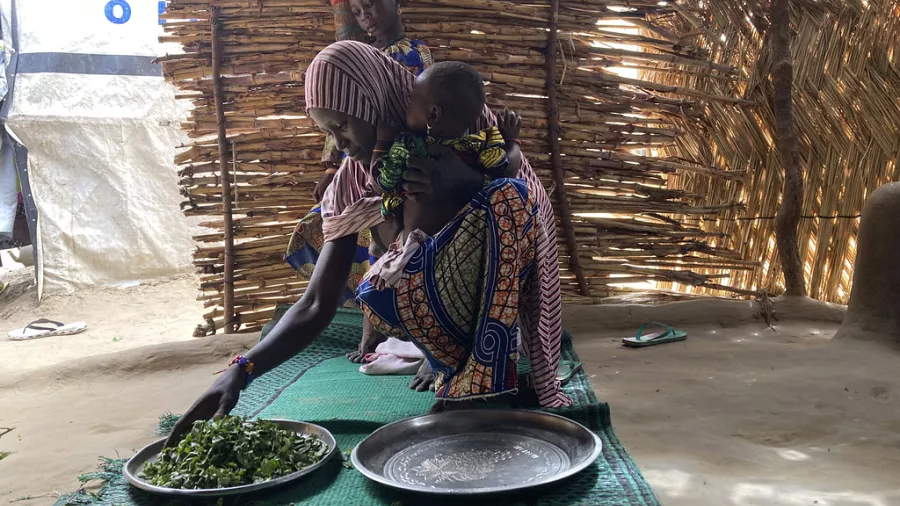Fear and food insecurity in Northeastern Nigeria on the rise
3 min read

Humanitarian workers and local communities in northeastern Nigeria are sounding the alarm over escalating hunger and malnutrition among internally displaced persons (IDPs). This crisis is deeply rooted in the ongoing Boko Haram conflict, which has plagued the region since 2009.
The conflict, initiated by Boko Haram to impose Islamic Sharia law in Nigeria, has led to a catastrophic humanitarian situation. According to U.N. agencies, over 35,000 people have lost their lives, and approximately 2.1 million have been displaced due to the violence perpetrated by these extremist groups. The toll on local communities has been immense, with many families struggling to meet their basic food needs amid the chaos.
Although organizations such as the World Food Program (WFP) are actively providing assistance to IDPs, many individuals remain unreachable, often trapped in conflict zones or isolated areas that are difficult to access. The need for food and essential supplies is critical, and local aid efforts are becoming increasingly strained.
Cindy McCain, the Executive Director of the World Food Program, recently visited Damasak, a community situated near the frontlines of the conflict. During her visit, she engaged with humanitarian workers and locals who are receiving assistance from the U.N. food agency. McCain highlighted the harrowing choices that aid organizations must make in the face of overwhelming need. “How do I take food from the hungry and give it to the starving? Because that’s the choices I have to make now,” she remarked, emphasizing the dire circumstances that necessitate such difficult decisions.
In addition to her interactions with displaced individuals, McCain met with government officials in Borno State to discuss the ongoing humanitarian crisis and the importance of sustained international support. She assured local authorities that the WFP would continue its efforts to provide aid and resources to those affected by the conflict.
As conditions worsen, the humanitarian community is grappling with the challenges posed by both the violence and the logistical difficulties of reaching those in need. Many aid workers report that insecurity has made it increasingly dangerous to operate in certain areas, complicating efforts to deliver food and medical assistance.
The impact of food insecurity in northeastern Nigeria cannot be overstated. Malnutrition rates are rising, especially among children, pregnant women, and nursing mothers. Without immediate intervention, these vulnerable populations face a heightened risk of severe health complications and even death. Aid organizations are racing against time to expand their reach and provide life-saving assistance to those most affected by the crisis.
The ongoing conflict has also disrupted traditional farming and livelihoods, leaving many families without the means to sustain themselves. The violence has not only displaced people but has also decimated agricultural production, exacerbating food shortages and driving prices up.
As the situation continues to deteriorate, there is an urgent need for increased support from the international community. Collaborative efforts between local governments, humanitarian agencies, and international donors are essential to address the escalating hunger crisis. The path to recovery will require a multifaceted approach that not only provides immediate food assistance but also focuses on long-term solutions, including rebuilding communities and restoring livelihoods.
In conclusion, the humanitarian crisis in northeastern Nigeria demands immediate attention and action. The voices of those affected must be amplified, and the plight of the millions struggling with hunger and malnutrition must not be overlooked. As humanitarian efforts evolve, the commitment to providing life-sustaining assistance and addressing the root causes of food insecurity will be crucial for the recovery of this beleaguered region.